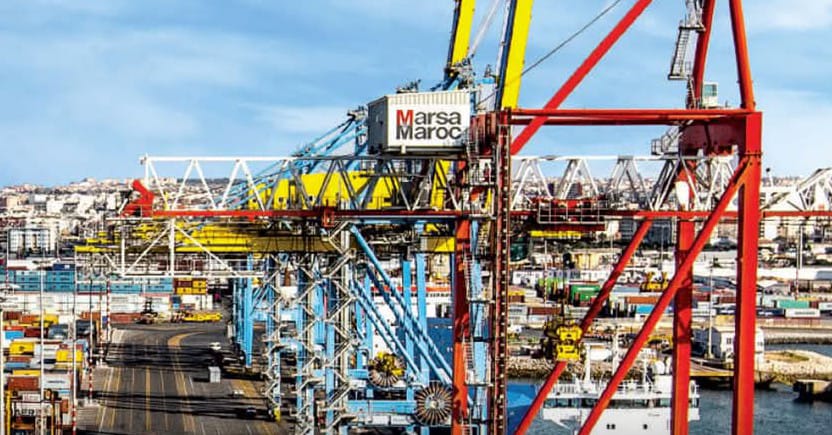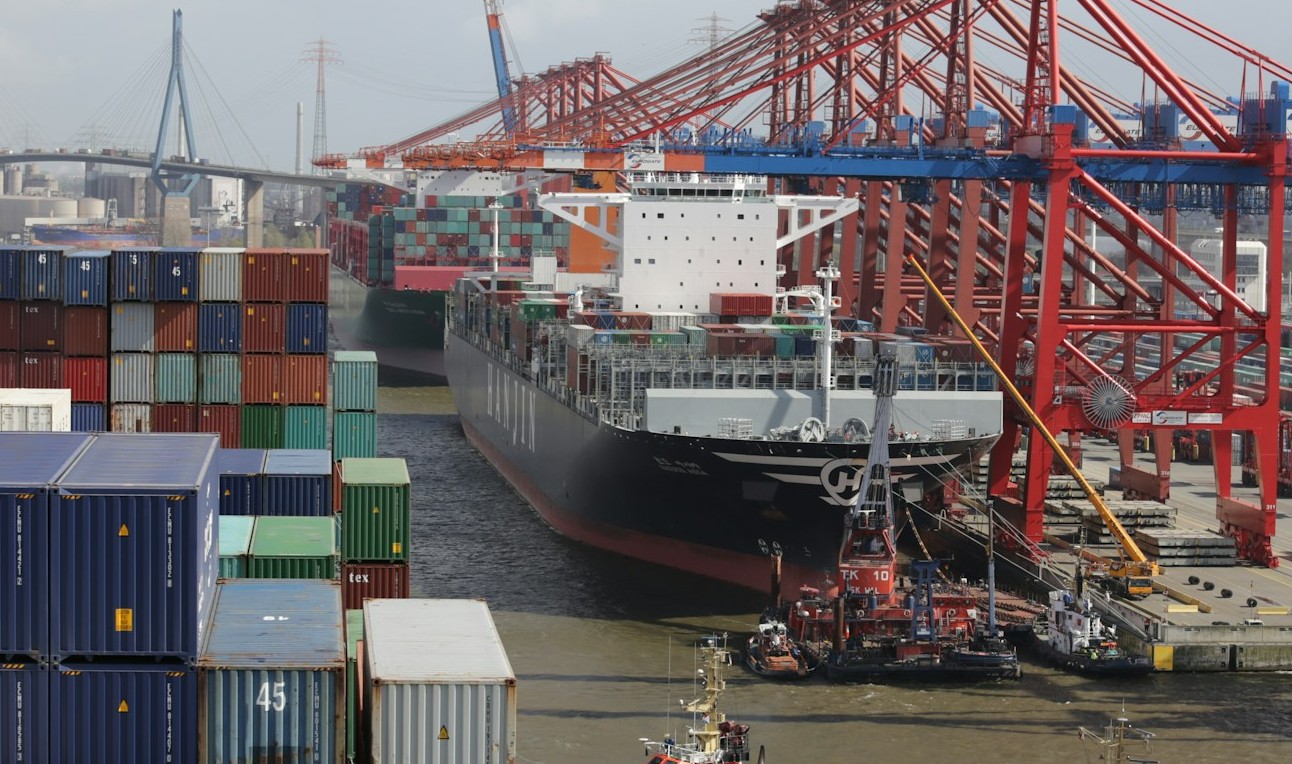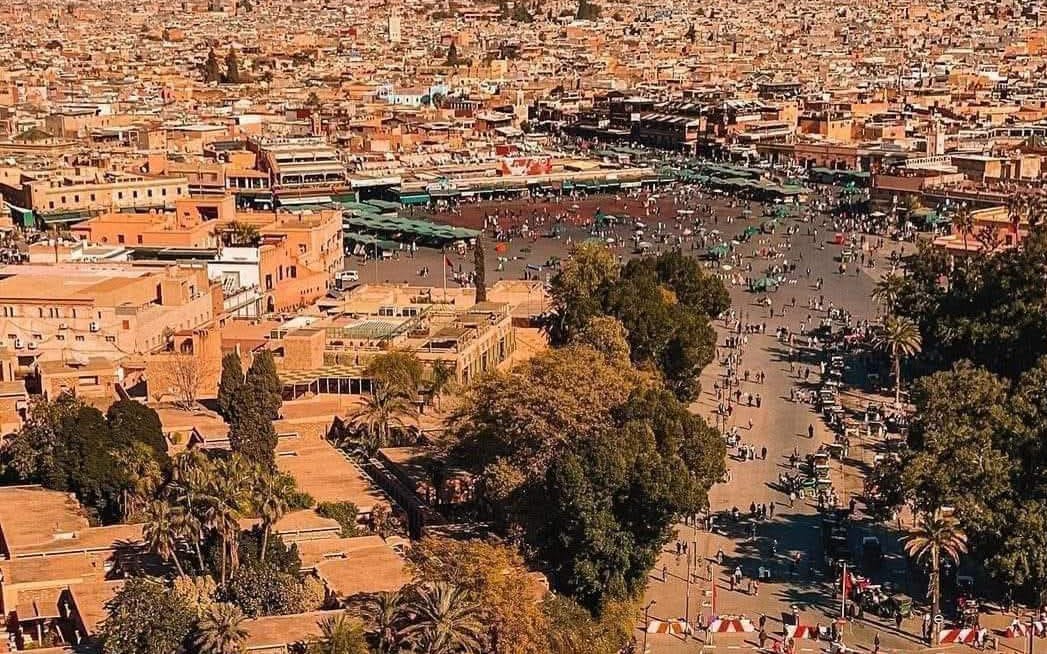Casablanca – Marsa Maroc, Morocco’s leading port management company, is embarking on an ambitious expansion drive across Africa with new investments in Djibouti and Benin. The company’s efforts to deepen its presence on the continent are aimed at bolstering its strategic footprint in the African logistics sector, a move that underscores Morocco’s growing influence in regional and international trade.
The two new ventures are part of Marsa Maroc’s broader strategy to tap into key African markets, reinforcing the company’s role in facilitating the movement of goods, particularly oil and general cargo, across the continent.
Djibouti: A key oil terminal development
Marsa Maroc’s expansion into Djibouti centers on its investment in Damerjog Oil Jetty FZE, a company responsible for developing a state-of-the-art oil terminal in the Damerjog Free Zone. This terminal will primarily focus on the storage and transshipment of hydrocarbons, serving as a vital logistics hub for petroleum products.
Djibouti’s location at the entrance to the Bab-el-Mandeb Strait offers immense strategic value. It is a critical maritime chokepoint that links the Red Sea to the Gulf of Aden, making it a key point for oil supply to Ethiopia and other landlocked countries in the Horn of Africa. With this investment, Marsa Maroc aims to capitalize on Djibouti’s strategic location to establish itself as a significant player in East Africa’s energy logistics network. By partnering with leading players in the petroleum industry, the company seeks to streamline the storage and transfer of oil products in the region, ensuring a more efficient supply chain that supports the growing demand for energy in Ethiopia and its neighbors.
Benin: Enhancing port competitiveness in Cotonou
Marsa Maroc’s other major investment is in Benin, where the company has been awarded the management of Terminals 1 and 5 at the Port of Cotonou. This move is expected to enhance the port’s infrastructure and operations, optimizing its capacity and boosting port traffic.
Cotonou’s strategic location along the Atlantic coast gives it access to key West African markets such as Nigeria, Niger, and Burkina Faso, all of which are integral to the region’s commercial activity. Marsa Maroc’s decision to manage the terminals is aimed at modernizing the facilities, streamlining operations, and increasing the port’s efficiency. By improving port infrastructure and operations, Marsa Maroc will play a critical role in enhancing Cotonou’s competitiveness as a regional maritime hub, helping to unlock more trade opportunities for Benin and its neighbors.
The company’s extensive experience in managing port operations in Morocco positions it to make significant improvements in Cotonou, boosting the port’s ability to handle more goods and attract larger volumes of trade.
A pan-African growth vision
These investments in Djibouti and Benin are part of Marsa Maroc’s wider pan-African growth strategy, which aims to expand the company’s operations beyond its domestic base in Morocco. The company has long recognized the potential of the African market, and these new ventures are a step toward securing a dominant position in Africa’s logistics and port management sectors.
Marsa Maroc plans to build strong partnerships with both local governments and private stakeholders, promoting economic collaboration and supporting the growth of the African economy. With its investments in infrastructure, Marsa Maroc is set to play a central role in the economic development of the regions in which it operates, helping to drive job creation and trade expansion.
Economic and social impact
The expansion into Djibouti and Benin is expected to have far-reaching economic and social benefits. In both countries, Marsa Maroc’s projects will create employment opportunities, improve port infrastructure, and boost commercial trade flows. The company is also committed to transferring knowledge and skills to local workforces, contributing to sustainable development and long-term economic stability.
















